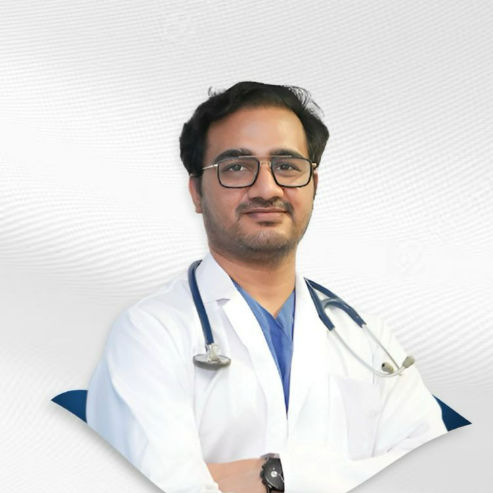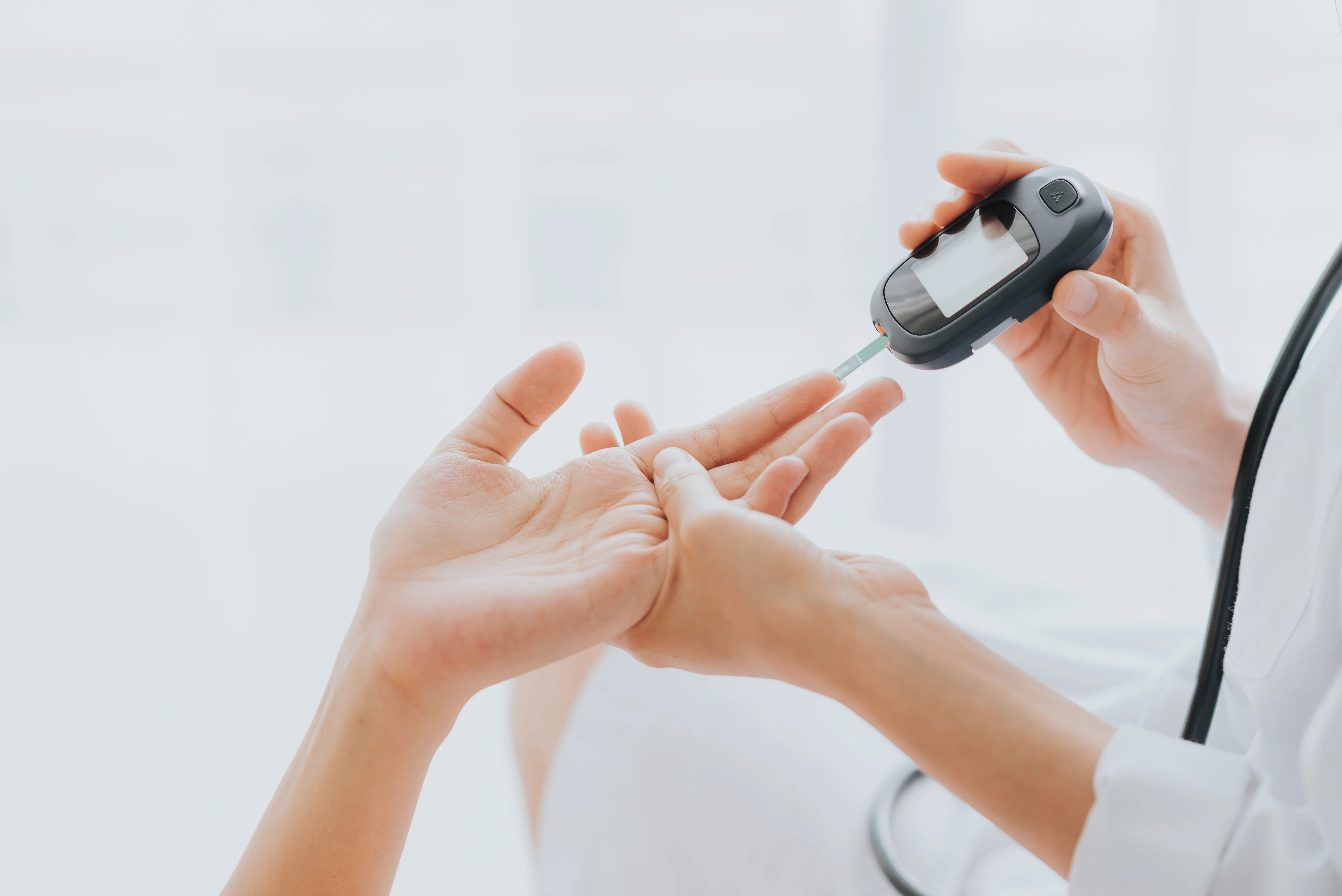LVAD Heart Pump Life Expectancy Explained
Understand how a LVAD (Left Ventricular Assist Device) supports heart function and affects life expectancy. Learn about its benefits, risks, and what patients can expect in terms of long-term outcomes and quality of life.

Written by Dr. M L Ezhilarasan
Reviewed by Dr. D Bhanu Prakash MBBS, AFIH, Advanced certificate in critical care medicine, Fellowship in critical care medicine
Last updated on 31st Aug, 2025

Introduction
Living with a Left Ventricular Assist Device (LVAD) can be life-changing for people with severe heart failure. If you or a loved one has an LVAD or is considering one, you may have questions about life expectancy, quality of life, and long-term care. This article explains everything in simple terms to help you make informed decisions.
What is an LVAD?
An LVAD (Left Ventricular Assist Device) is a mechanical pump that helps the heart circulate blood when the left ventricle (the heart's main pumping chamber) is too weak to function properly. It is often used as:
A bridge to transplant (keeping patients alive until a heart transplant is available).
Destination therapy (a long-term solution for those who may not qualify for a transplant).
Consult a Top Heart Surgeon for the best advice
How Does an LVAD Affect Life Expectancy?
The life expectancy with an LVAD depends on several factors, including:
1. Patient’s Overall Health – Those with fewer additional health issues tend to live longer.
2. Type of LVAD – Newer models are more durable and have fewer complications.
3. Adherence to Care – Following medical advice and regular check-ups improve outcomes.
4. Complications – Infections, blood clots, or device malfunctions can affect longevity.
Average Life Expectancy with an LVAD
LVADs can extend life for patients with severe heart failure, from months to several years.
Bridge to Transplant: Patients may live for several months to years while waiting for a donor heart.
Destination Therapy: Many patients live 5 years or more, with some surviving beyond 10 years.
Advances in LVAD technology have significantly improved survival rates over the past decade.
How Does an LVAD Improve Quality of Life?
While an LVAD is not a cure, it can greatly enhance daily life by:
Reducing heart failure symptoms (shortness of breath, fatigue, swelling).
Improving energy levels – Many patients return to light activities and hobbies.
Allowing better mobility – Some patients can travel and engage in mild exercise.
Potential Risks and Complications
Like any major medical device, LVADs come with risks, including:
Infections (especially at the driveline site where the device connects to the body).
Blood clots (which can lead to stroke or device failure).
Bleeding (due to blood-thinning medications).
Device malfunctions (rare but possible).
Regular follow-ups with your cardiologist can help manage these risks.
Tips for Living Well with an LVAD
To maximize life expectancy and quality of life, follow these guidelines:
1. Follow Medical Advice Strictly
Take prescribed medications (especially blood thinners).
Keep all doctor’s appointments for device monitoring.
2. Prevent Infections
Keep the driveline site clean and dry.
Follow proper wound care instructions.
Report any signs of infection (redness, swelling, fever) immediately.
3. Maintain a Heart-Healthy Lifestyle
Eat a low-sodium, balanced diet to reduce fluid retention.
Stay hydrated but avoid excessive fluid intake.
Engage in light exercise (as approved by your doctor).
4. Stay Emotionally Supported
Join LVAD support groups (online or in-person).
Talk to a counselor if feeling anxious or depressed.
When to See a Doctor?
Seek immediate medical help if you experience:
Sudden dizziness or fainting
Unusual bleeding or bruising
Signs of infection (fever, redness at the driveline site)
Device alarms or unusual noises
Can You Get a Heart Transplant After an LVAD?
Yes! Many LVAD patients eventually receive a heart transplant if they qualify. The LVAD helps them stay strong enough for surgery when a donor heart becomes available.
Final Thoughts
An LVAD can extend and improve life for people with severe heart failure. While it requires careful management, many patients enjoy years of better health with the right care.
Consult a Top Heart Surgeon for the best advice
Consult a Top Heart Surgeon for the best advice

Dr. Anand Ravi
General Physician
2 Years • MBBS
Bengaluru
PRESTIGE SHANTHINIKETAN - SOCIETY CLINIC, Bengaluru

Dr. Tripti Deb
Cardiologist
40 Years • MBBS, MD, DM, FACC, FESC
Hyderabad
Apollo Hospitals Jubilee Hills, Hyderabad
Dr Moytree Baruah
Cardiologist
10 Years • MBBS, PGDCC
Guwahati
Apollo Clinic Guwahati, Assam, Guwahati

Dr. Zulkarnain
General Physician
2 Years • MBBS, PGDM, FFM
Bengaluru
PRESTIGE SHANTHINIKETAN - SOCIETY CLINIC, Bengaluru

Dr. Janjirala Seshivardhan
Cardiologist
7 Years • MBBS,DNB(GM),DM(Cardiology)
Manikonda Jagir
Apollo Clinic, Manikonda, Manikonda Jagir
.webp)



